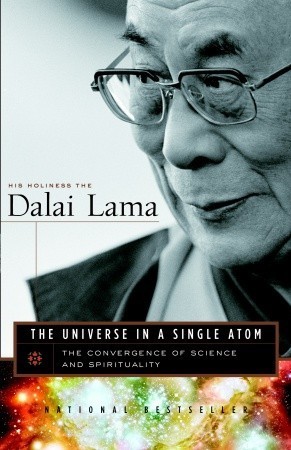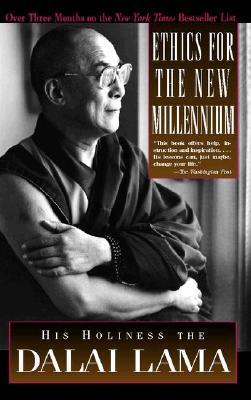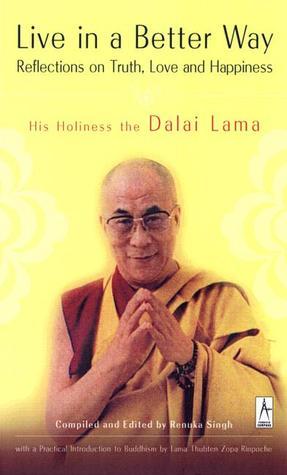
The Universe in a Single Atom: The Convergence of Science and Spirituality
Book Description
Imagine a world where science and spirituality dance together in harmony, revealing the profound mysteries of existence. The Dalai Lama XIV guides readers on a riveting journey through the realms of consciousness and cosmology, merging ancient wisdom with modern discoveries. With each turn of the page, captivating insights unfold, challenging perceptions of reality and illuminating the interconnectedness of all beings. As the fabric of the universe intertwines with the inner workings of the mind, a powerful question lingers: Can the fusion of science and spirituality lead to a deeper understanding of our place in the cosmos?
Quick Book Summary
"The Universe in a Single Atom" by the Dalai Lama XIV is a profound exploration of the intersections between science and spirituality. Drawing from his lifelong interest in science and his deep grounding in Buddhist philosophy, the Dalai Lama seeks common ground between two seemingly disparate disciplines. He discusses topics like cosmology, quantum physics, consciousness, and genetics, examining how scientific discoveries resonate with ancient Buddhist wisdom. Rather than viewing science and spirituality as conflicting forces, he advocates a dialogue that enriches both, urging a balance between external investigation and inner development. Through personal anecdotes and engagements with leading scientists, the Dalai Lama encourages a holistic approach to understanding reality, emphasizing compassion, ethics, and interconnectedness as foundations for meaningful progress.
Summary of Key Ideas
Table of Contents
Bridging Science and Spirituality
The Dalai Lama opens his discourse by expressing a lifelong fascination with science, underscoring how his Buddhist training has always encouraged curiosity and investigation. He acknowledges apparent tensions and differences between scientific materialism and spiritual traditions rooted in inner experience. However, he argues that both science and spirituality pursue truth, albeit through distinct but potentially complementary methods. The book advocates mutual respect and open dialogue, suggesting that scientific knowledge can enhance spiritual understanding, while spiritual perspectives can guide the responsible application of science.
The Nature of Consciousness
He delves into the mystery of consciousness, scrutinizing it through the dual lenses of neuroscience and Buddhist philosophy. While science approaches the mind as a product of brain processes, Buddhist thought regards consciousness as more subtle, with mental phenomena not reducible to physical explanations alone. The Dalai Lama doesn’t demand that science adopt Buddhist views but calls for more nuanced exploration rather than reductionist assumptions. He articulates the necessity for humility and ongoing inquiry, as neither tradition has full answers to the mystery of the mind.
Ethical Implications of Scientific Progress
Addressing advances in fields like genetics and cosmology, the Dalai Lama raises important ethical questions. He cautions against unchecked scientific progress that disregards broader ethical responsibilities or the well-being of all sentient beings. He offers Buddhist ethics, particularly compassion and non-harm, as vital guides for responsible science. For example, while genetics holds promise for alleviating suffering, it also poses dilemmas about altering life. The Dalai Lama advocates for collective, compassionate decision-making rooted in universal values.
The Interconnectedness of Reality
Throughout the book, the theme of interconnectedness surfaces repeatedly. Modern science, especially quantum physics and ecology, reveals a universe of intricate interdependence—echoing insights from Buddhist teachings on dependent origination. This interconnectedness implies that actions—scientific, spiritual, or otherwise—ripple through the web of existence. Acknowledging this deep unity can inform more holistic approaches to knowledge, ethics, and solutions for global problems.
The Role of Compassion and Human Values
Ultimately, the Dalai Lama emphasizes that the convergence of science and spirituality can lead to a more complete understanding of humanity’s place in the cosmos. While science offers empirical tools and innovation, spirituality provides meaning, context, and ethical grounding. The Dalai Lama envisions a future where both traditions learn from each other, with compassion and human values at the center, fostering unity, peace, and progress for coming generations.
Download This Summary
Get a free PDF of this summary instantly — no email required.





